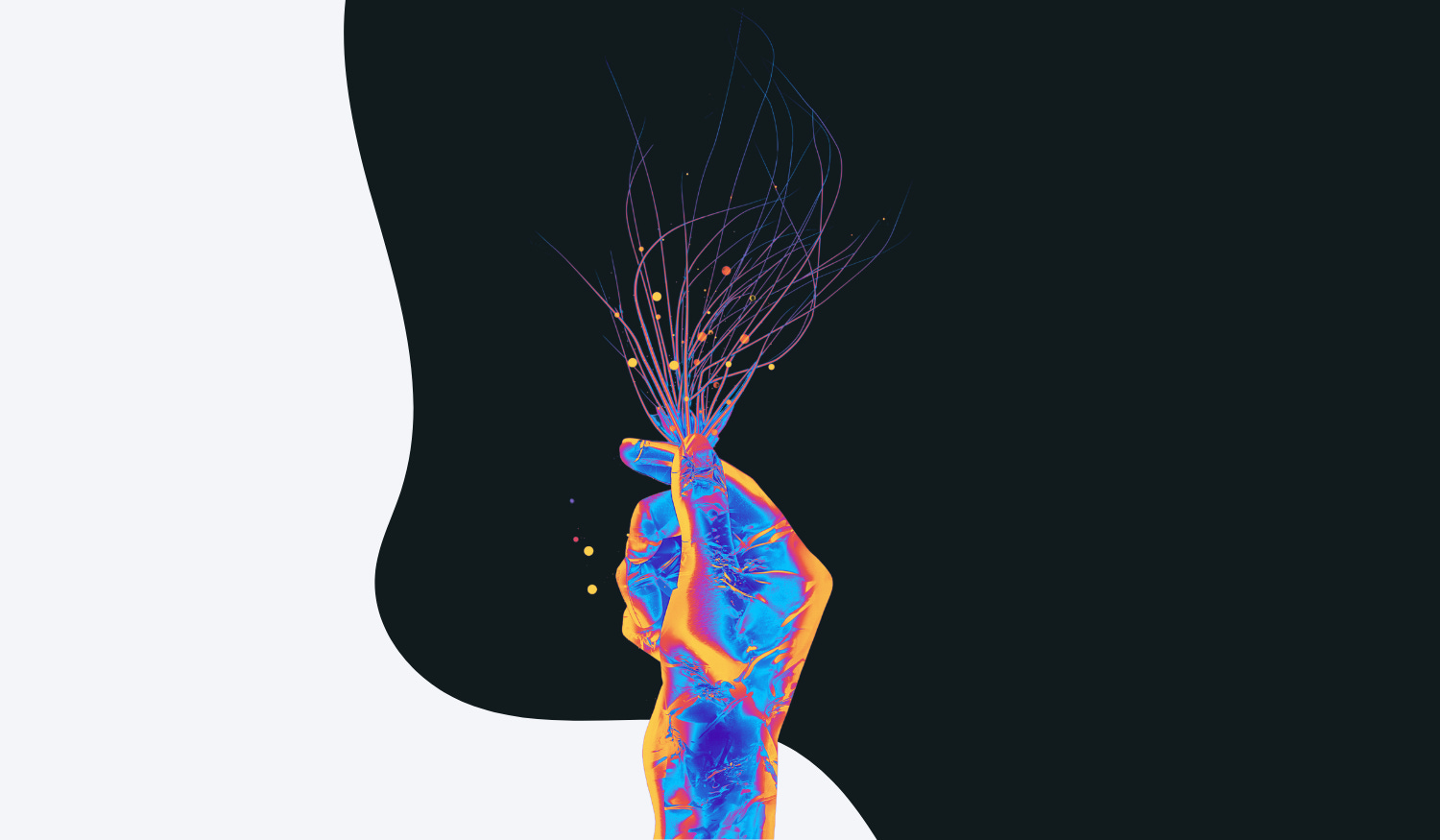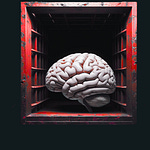Either Anthropic is hinting very hard that AI is conscious, which aligns with their AGI prediction.
Or the AI actually has consciousness.
I stared at my screen for hours, reading through Anthropic's 120-page System Card for their latest model, Claude 4.
The document sits like a Rorschach test of our collective anxieties about artificial intelligence. What started as technical documentation has left me in an existential tailspin.
Anthropic did more than place subtle Easter egg-style hints that their AI might be conscious. They've created an entire AI welfare team that conducted extensive "welfare assessments" of their models (more discovery about this later). These aren't the actions of a company that views its product as merely a sophisticated calculator.
Then things get truly mystifying.
As I continued into the technical evaluations, I saw a contradictory picture.
The same AI that supposedly deserves welfare considerations displays limitations that seem almost... elementary. You could argue we also demand the welfare of a sea turtle, but we wouldn’t expect a sea turtle to code for us, would we?
Such a stark contradiction left me wondering: What exactly is Anthropic trying to tell us?
I'll take you through my journey of reading this document.
It’s interesting enough that I would recommend you to read this yourself, but it’s also boring enough (somewhat technical), I know most of you won’t or don’t have the time. So I will pick a few interesting works they have gone through.
You’d see why I grew from intrigued to being skeptical.
If you want the Claude 4 System Card already with my highlight in it, reply to this email. Personal Perspective on This Topic
Something before we continue.
Because this might affect how you view my opinion in this piece.
I was educated in Catholic schools for 18 years. Though… all I remember is the candy cane and gift exchange every Christmas. At home, I grew up in a family that practiced a mixture of Taoism and Buddhist ceremonies, but those close to me were never true believers.
I have landed firmly in the camp of agnosticism, ie. I don’t know if there are any higher spiritual presences. The “I don’t know” is the key here.
As a scientist, I am drawn to evidence, skeptical of unfalsifiable claims, and comfortable with uncertainty. I am aware that many scientists grew religious in their later years; I am either not there yet or I will never be there.
Equally, as someone who firmly practices “I don’t know what is not proven, “I never reject spirituality outright, but I demand more than assertion when it comes to claims about consciousness, whether in humans, animals, plants, or artificial systems.
I reviewed all the chapters covered in the release document. But if you are only interested in the spiritual part, start from chapter 4. (I still recommend you read the whole article; you will have more context for my final argument.)
Shall we?
Chapter 2: The Safeguards Work 999/1000 Times.
This evaluates Claude 4's ability to recognize and refuse harmful requests across various domains while maintaining appropriate responsiveness to legitimate inquiries about sensitive topics…
Listen to this episode with a 7-day free trial
Subscribe to 2nd Order Thinkers to listen to this post and get 7 days of free access to the full post archives.











